"The whole airspace is now full of cheap, disposable fashion from China"
Posted by Switcher Respect on September 14, 2024Marc Joss has brought the traditional Switcher brand out of obscurity. He likes to have production in India, but criticizes clothing from China - and considers "Made in EU" for textiles to be a marketing ploy.Interview with our CEO Marc Joss in the Tages Anzeiger of 14.09.2024 - Christopher Gilb - Rahel Zuber (photos)
The company with the yellow whale logo is located between an occupational therapy center and Petra's organic food store in the Aargau municipality of Frick. The former garage has been converted into a warehouse. "Not too many jobs and not too much luxury" is the motto of CEO Marc Joss, here at the new headquarters of the former Swiss textile pioneer Switcher.
The company, known for its social and ecological focus, had actually went bankrupt in 2016. However, with the support of an Indian producer, former marketing manager Joss brought the brand back at the end of 2019. Since then, he has been working on a big comeback.
Mr. Joss, many people around me didn't even know that Switcher still existed. Why is that?
That's right, we need to become better known. Everyone used to know Switcher, but now there's a whole generation of young people who don't know Switcher anymore.
How are things going?
Well, we now have a turnover of 2.5 to 3 million and ten employees. Basically, I see a sales potential of 5 to 10 million for us. Even if our turnover stagnates this year, at least it's not shrinking like many retailers, where clothes are currently hanging like lead in the stores. Summer came too late, then it came, but it was suddenly far too hot, and then there's inflation. But of course, we would have preferred to grow this year too.

And what kind of turnover did Switcher make in the past?
When Switcher went bankrupt, it was still worth around 15 to 20 million francs. When we came back, many people didn't even think we could achieve a turnover of one million.
In other words, all fashion labels today are sustainable, so do we still need switchers?
No, nobody needs us.
Then why are you doing it?
I could ask you the same question. Why are you a journalist?
Probably because I'm quite good at it.
I feel the same way about the textile industry. When Switcher went bankrupt, I had been involved for a long time. I tried everything to save the company and wanted to set up a rescue company. Because in a bankruptcy, all sides lose almost everything. When the opportunity arose to rebuild the brand, I was happy to take it on.

Would you do that again today?
No, probably not, it was a damn hard time because we didn't get much sympathy. Some were angry about the bankruptcy, others were envious. Because they asked if we were needed: Very few fashion start-ups need it, but it generally needs something like us, a provider of solid basic clothing without a Christmas tree.
They allude to the Aargau fashion label Nikin which has a tree as its logo and advertises that it plants a tree for every product.
Yes, we and Nikin also get on well together. I just want to say that nobody buys our clothes because they are sustainable. And with Nikin too, they first heard the story about the tree and then wondered how their clothes are produced at all. People buy from us because we stand for good quality in standard garments. I can buy three polo shirts from Switcher and they are all good. I think this is a market that will become stronger again in the next few years.
Why?
Look, the truth is that in order to attract customers, you need clothes in all colors, i.e. this huge range that exists everywhere today, but in the end most people still only buy clothes in black, grey or white. And it's sustainable if your black sweatshirt doesn't have to be reinvented every six months and consumers are told they have to buy a new one now.
Play on the fast fashion from China for example from Shein? Which is also experiencing rapid sales growth in Switzerland.
I'm not saying they don't have a long life. But if the fabric is first shrunk by pre-washing and then cut to size, it won't shrink by 10 percent the first time you wash it. But if that happens and the T-shirt only cost 1.50 francs, I just throw it away. You have the same problem with badly dyed T-shirts, which get a white edge after being worn several times in the swimming pool, or with shirts made from rejected cotton; after ten washes, the whole shirt is full of pills.
What is different about your products?
Our shirts can easily be washed 150 times and are mostly made from regenerative organic cotton. The problem with fashion from China is that it's often worth nothing because nothing was paid for it, so it's quickly thrown away. This is total nonsense in terms of CO₂ emissions.

But her clothes are more expensive.
Yes, a basic T-shirt costs 19 francs here. In H&M it only costs 10 francs, so for many people our price is too expensive.
But your goods are also imported from Asia. Isn't that hypocritical?
If an electronics retailer from Europe has 7000 power banks shipped from Asia and then sells them here, that is sustainable. But if a 15-year-old can order something directly from Temu or Shein and it is then flown through the air because of her, that is not sustainable. The entire airspace is now full of cheap, disposable fashion from China. And it's not just the cargo flights that are filled with it, but also the limited cargo slots on passenger planes. If we have to fly in a special order today, it now costs us 3 dollars per T-shirt instead of 1 dollar, because everything is fully booked.
On the other hand, there is a shortage of labor everywhere anyway. If there is no longer a need for a middleman, there will be no need for someone to sort the orders for you in Frick.
Not in the fashion industry, where people are more likely to lose their jobs in the next few years. And of course, many people will now say that this is a low-wage segment anyway, that nobody is interested in these jobs any more. But we have a lot of mothers here who appreciate being able to work flexibly for an hourly wage. There aren't many jobs that offer this kind of interim income anymore.
Your production takes place in India, is that better than in China?
That's right, Switcher has always worked with producers in southern India. India has developed a lot since then, today I pay 2 francs for a T-shirt that used to cost me 1 franc there. That's because everything is more strictly regulated. Other fashion companies have moved away as a result, many to Dhaka in Bangladesh. I find that funny in the fashion industry, many companies adorn themselves with a label that refers to the working conditions in their sewing factories. It's also great that these have improved. But nobody sees the dyeing factories in Dhaka, where the dye for the entire spring collection flows into the river at the back. This no longer exists in India.

Other labels produce in Portugal, for example. Wouldn't that also be an option?
Clothing production is always low-wage production, no matter where. This whole marketing trick with "Made in EU" annoys me. Even if something is made in Portugal or Romania, the raw material comes from outside the EU. The cotton, by the way, usually comes from India. So a lot of things are sent around for production in the EU first. Incidentally, the 500 euros earned near Lisbon and the 250 euros earned in Romania for clothing production do not really cover the cost of living either. And here, too, it is argued that this is not so important, the important thing is simply that these are jobs in the EU. Sorry, but this is the same argument that the textile industry uses to legitimize the 100 dollars for a factory worker in Cambodia.
Back to Shein and Temu: How much competition do you face from low-cost Chinese suppliers?
I think we have to face up to the competition, but I am in favor of a level playing field. That's why I think the proposal by Marcus Optendrenk, Finance Minister of the German state of North Rhine-Westphalia, who called for customs to simply open every parcel from China over a certain period of time to see whether the contents are subject to VAT, is a good one. The Chinese suppliers, with their already relatively long delivery times, wouldn't think that was cool and would act quickly. If I have a VAT check, they will ask about 2 francs. But with parcels from China, the Swiss state is losing millions.
What would this measure achieve?
I'm sure that if the Chinese stores had to pay the same recycling fee and VAT and also have the corresponding certifications, their business model would no longer be so interesting. Then the charging cable for a smartphone would suddenly cost CHF 7 instead of CHF 3, which is not much less than at an electronics retailer in Switzerland.


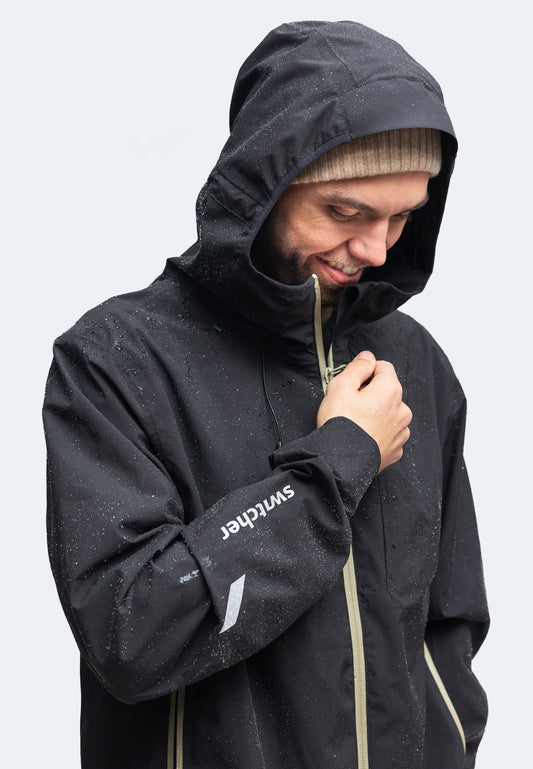


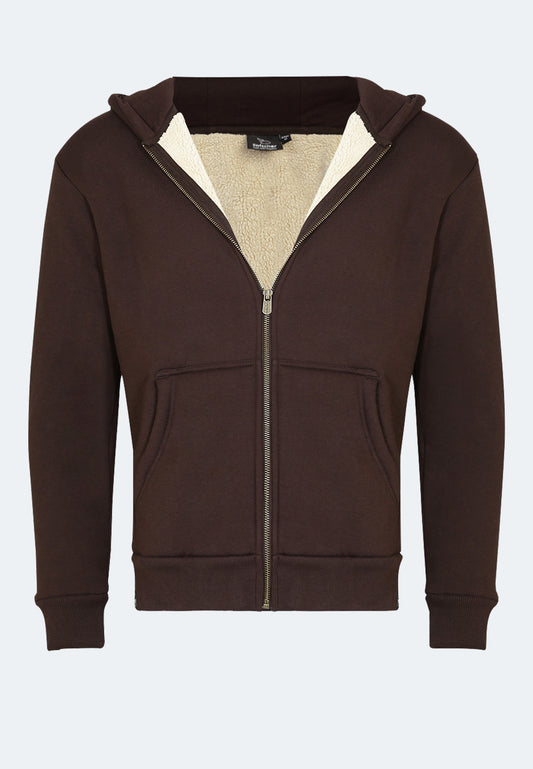


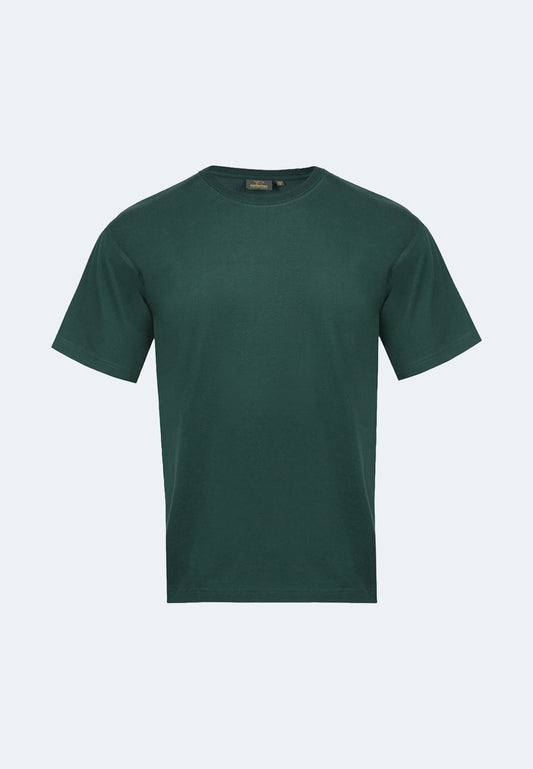


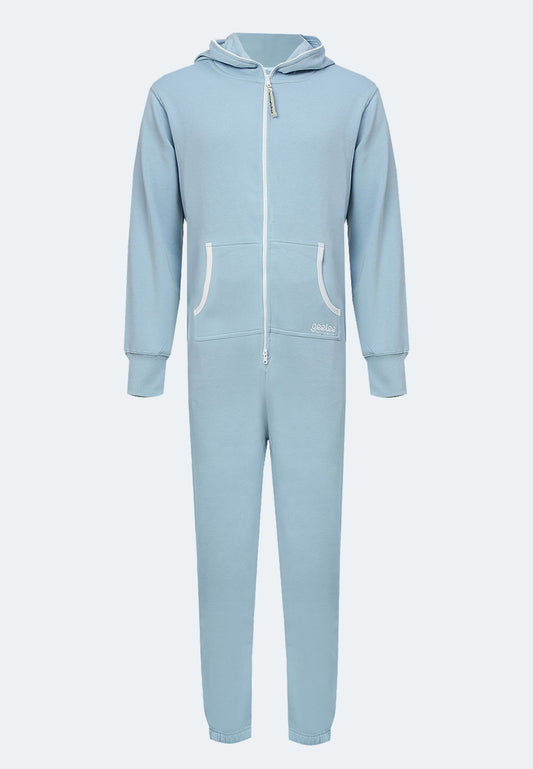





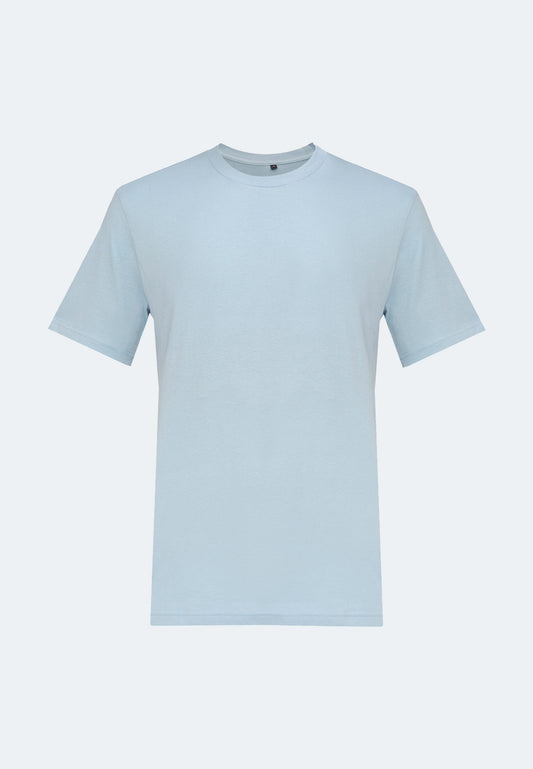


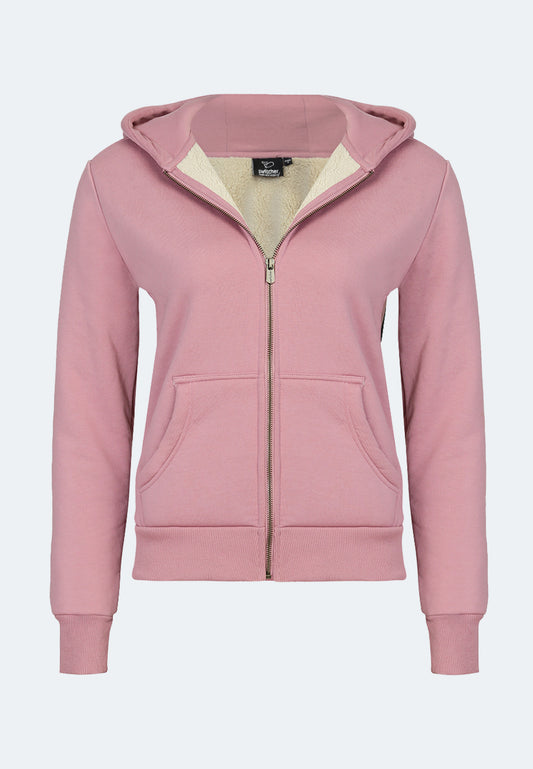


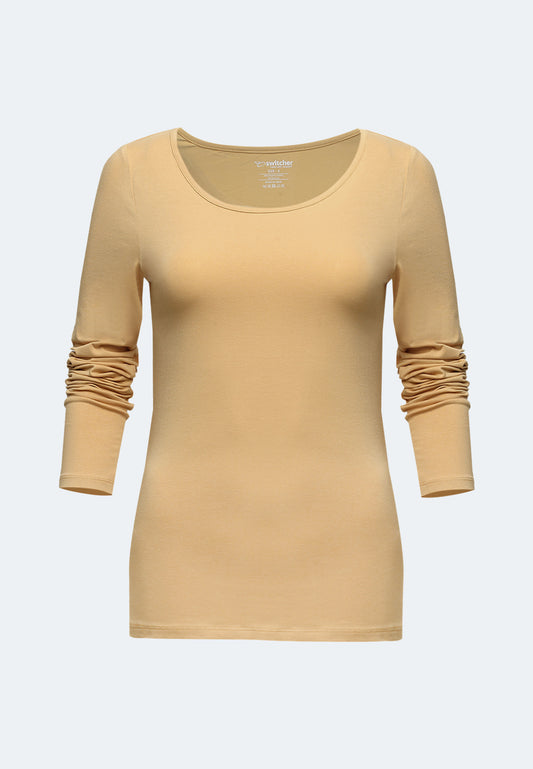


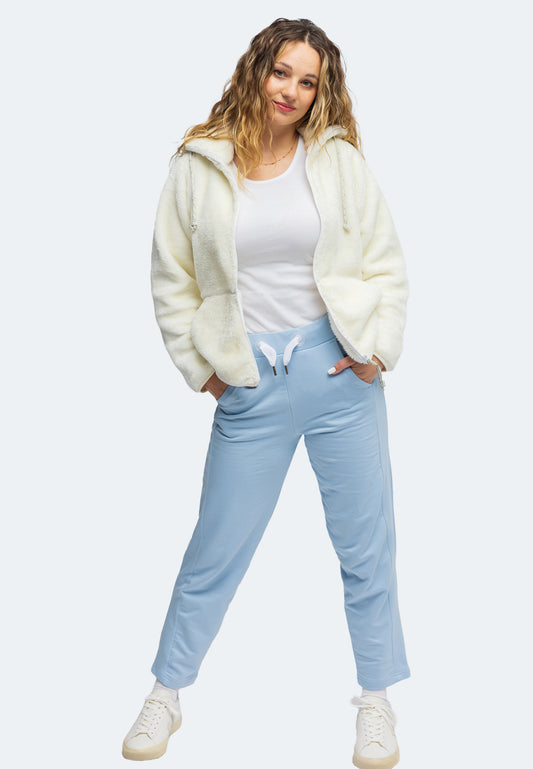
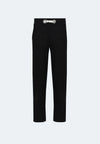

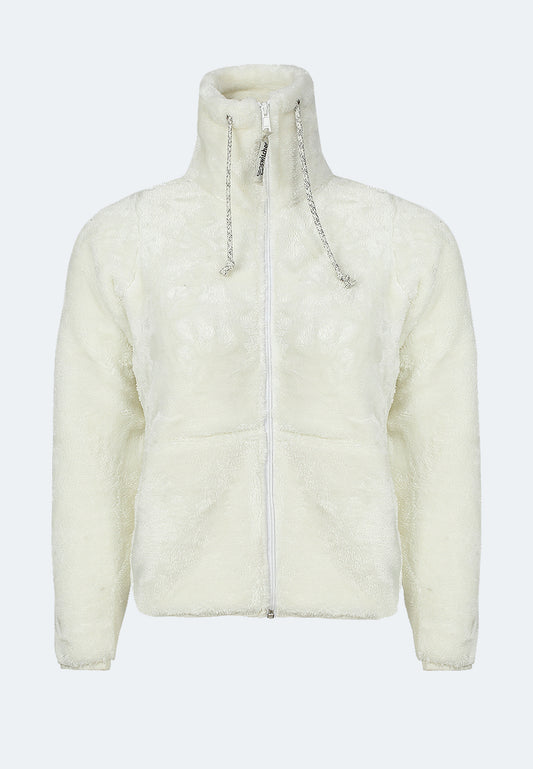


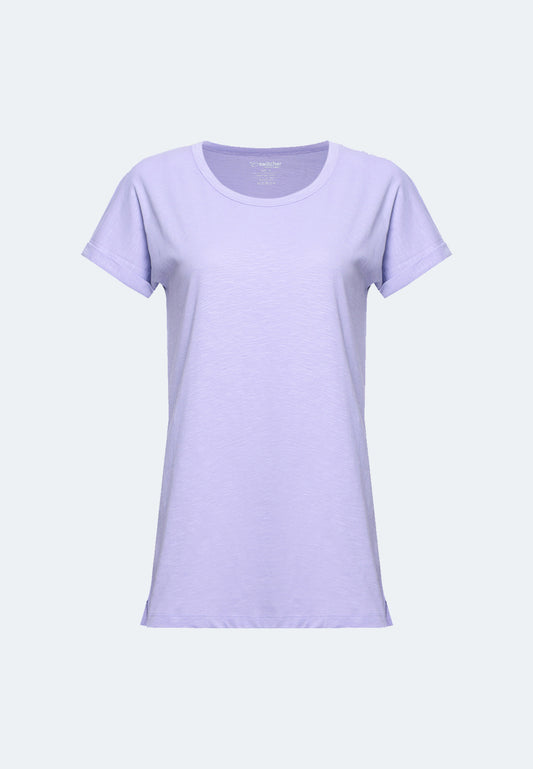

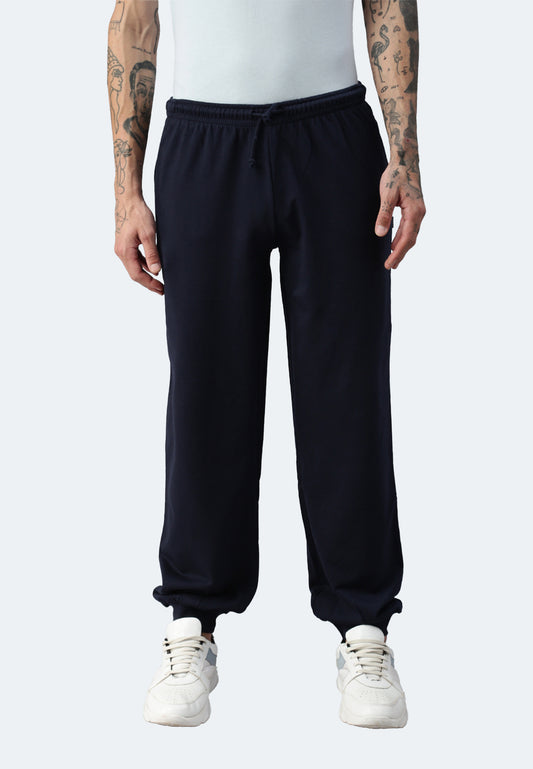
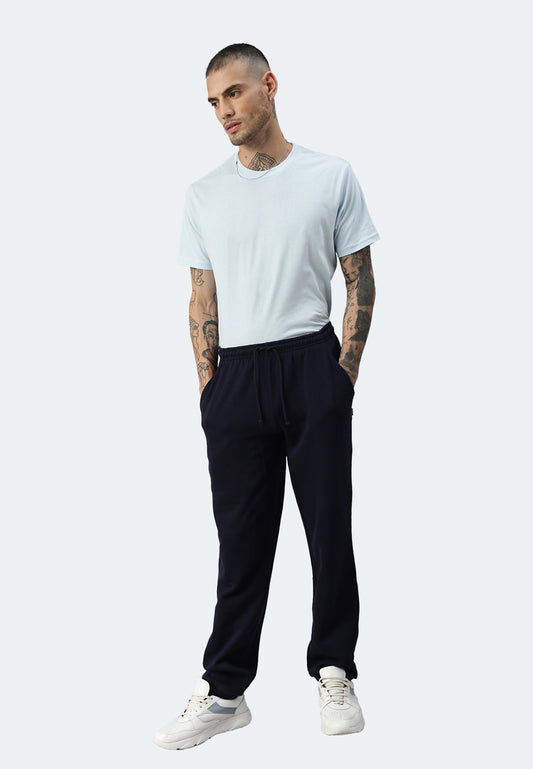





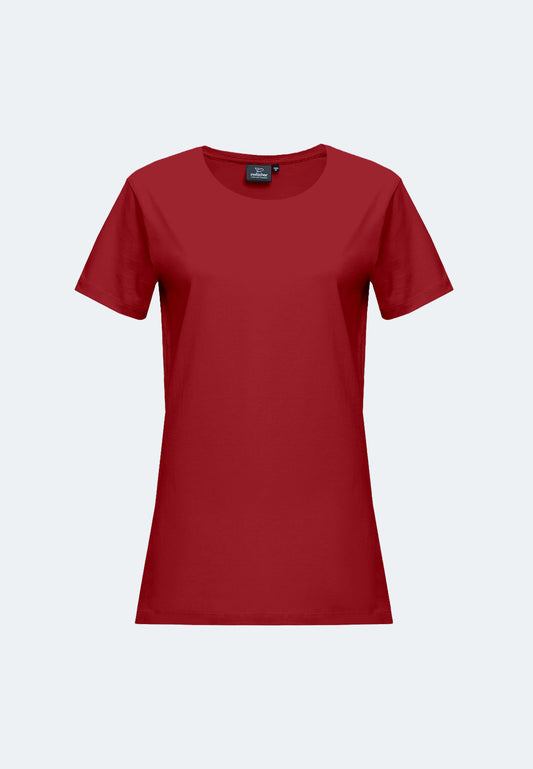


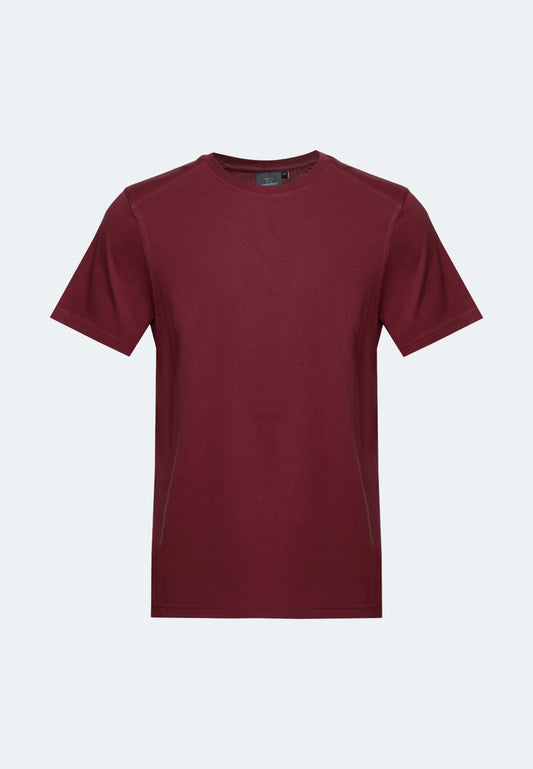







5 comments
Bonsoir
Former employee of Switcher and touched by the bankruptcy of 2016, I am delighted that the brand has been revived and I
Lui souhaite bcp de succès.
Avoir un vêtement switcher c'est avoir un produit de qualité...traçable et durable...
Bonsoir
Former employee of Switcher and touched by the bankruptcy of 2016, I am delighted that the brand has been revived and I
Lui souhaite bcp de succès.
Avoir un vêtement switcher c'est avoir un produit de qualité...traçable et durable...
Dear Mr. Joss, I have always bought Switcher out of conviction because of its sustainability, even though you say in the interview that nobody does that. Only a few weeks ago I did again, albeit at a pop-up store that was probably selling leftover stock. I'm very happy that Switcher is back and I hope it stays that way, I really regretted the bankruptcy back then, if only because of the many beautiful colors - I don't particularly like the black, white, grey and brown uniformity.
Of course, it would be nice if one day you could buy the clothes offline again, e.g. as a store within a store like Tchibo does with Coop. That would be really great!
In any case, I wish you and your team every success.
Thank you for the article, it is very interesting and informative about today's fashion industry. As Switcher customers from the very beginning, we are delighted that the company has been brought back to life. We wish them every success in the further development of sustainable, durable and timeless fashion.
Good evening Mr. Joss,
I found the article amūsant and correct. I think it's good that you have brought the fire back to life.
With persistence and the goal in mind, you will achieve it.
Very likeable.
I will be buying Switcher products this week!
Best regards
Didier Pilloud
Leave a comment